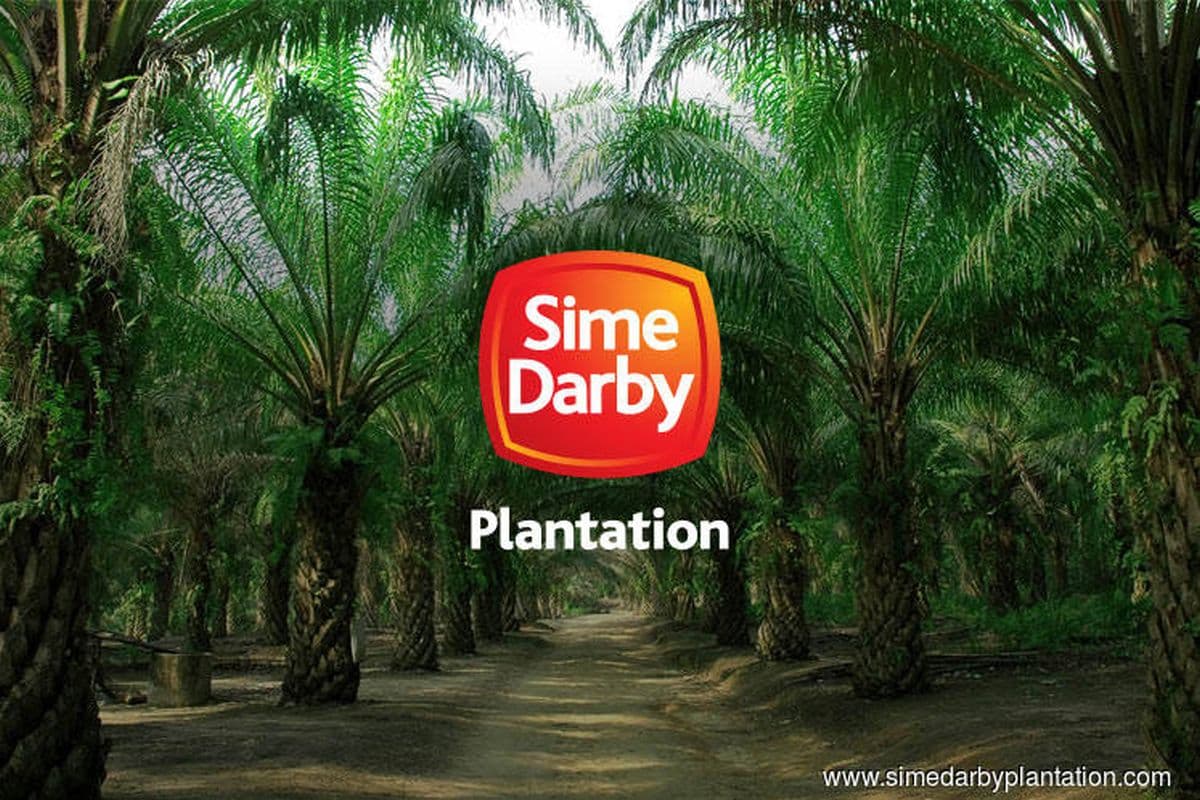
KUALA LUMPUR (Aug 18): Sime Darby Plantation Bhd is expecting crude palm oil (CPO) prices to stay in the range of RM4,000 to RM4,700 per tonne in the next six months.
“We are quite worried, to be honest, because prices keep inching up. It is not necessarily a good thing because there has been a decline in sales with some customers holding back,” said Mohd Haris Mohd Arshad, managing director of Sime Darby Oils, the group's downstream segment, during a virtual press conference to announce the group’s second-quarter financial performance today.
Mohd Haris doesn’t see CPO prices trading below RM4,000 per tonne at this juncture, but he also does not expect prices to increase higher than RM5,000 per tonne due to its effect on demand and consumption.
“For the longer term, as we go into 2022, hopefully, with better crops coming out from the northern hemisphere and southern hemisphere, we want to see a more reasonable price range, of perhaps somewhere between RM3,000 and RM3,500 per tonne. We can’t see that happening in the short term,” he added.
He noted that there has been a growth of ownership of commodity contracts by non-commercials, like speculators, as commodities has once again become an asset class for the investing community.
This has spurred the rising prices of not just CPO prices, but that of other commodities as well.
“As long as commodities are seen as an investment asset, prices will continue to be elevated. Palm oil trading at its highest ever, it is scary and not sustainable,” he said.
In addition, the world is going through a structural change in supply and demand.
“The growth of planting, particularly out of Indonesia, has slowed down and there is no significant growth coming out from Indonesia. In Malaysia, there are hardly any new plantings. If you combine this with the fact that the world continues to need more palm oil supply, this is what you get — a structural tightness of supply and demand,” he explained.
When asked on whether Sime Darby Plantation would consider a merger and acquisition exercise in light of Kuala Lumpur Kepong Bhd’s acquisition of IJM Plantation Bhd, its group managing director Mohamad Helmy Othman Basha said its strategy is to get more from its current assets and not to acquire other companies.
“We have over 600,000ha of landbank and we believe that with that footprint, it is sizable. We believe in our strategy of trying to get our assets to sweat,” he said.
He added that Sime Darby Plantation has invested substantially in getting the best material — in terms of new genome material — and it is looking forward to 2023 when all of its replanting in Malaysia will come from this new genome material.
“To us, it would be a wiser strategy rather than trying to allocate resources to buy other companies. Especially now, with this issue of workers shortage which will be an overhang on industry. Plus the fact that at this current high price, nobody is going to sell anything cheaply. I would rather invest in the assets that we have right now,” he said.
Mohamad Helmy also said an area that the group wants to grow in is its downstream operations.
He highlighted that while planters are enjoying good CPO prices now, it wasn’t too long ago when CPO prices were depressed, hovering at RM2,000 per tonne levels.
He opined that growing the downstream business is a better way to manage risk and balance the contribution from both upstream and downstream operations.
Regarding labour shortage issues, Mohamad Helmy said Sime Darby Plantation is not “wasting the crisis”, noting that the Covid-19 pandemic marked a turning point for the industry to change how it has been operating prior to this.
“For the last 30 to 40 years, we (the industry) have taken the easy way out. Before foreign workers were a main feature of this industry, we were depending on locals, but they were doing the same thing as what the foreign workers are doing now.
"When locals were no longer interested, we went for an easy solution — bringing in foreign workers. The industry itself hasn’t moved from how it has been operating all these while because there has always been an easy solution for it. But not anymore, everybody is being pushed to the corner and we are facing a brick wall now,” he said.
Calling this crisis a “wake up call” for the industry, Mohamad Helmy said the group has been in the forefront and willing to double down on mechanising and embark on other automation methods.
He said the group has taken major steps to relook at its operation and have invested in automation.
“We are looking at other areas of how to automate. There are some initiatives that have been rolled out to cover everywhere we are operating, some are in progress and some at initial stages — harvesting side. For the harvest activity to transform, it is the hardest to try to find a substitute."
Mohamad Helmy believes that apart from the issue of harvesting, Sime Darby Plantation will be able to resolve its other activities in the next two to three years.
Sime Darby Plantation shares closed up 11 sen or 2.94% at RM3.85today, bringing it a market capitalisation of RM26.63 billion.